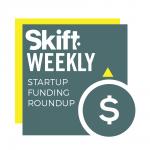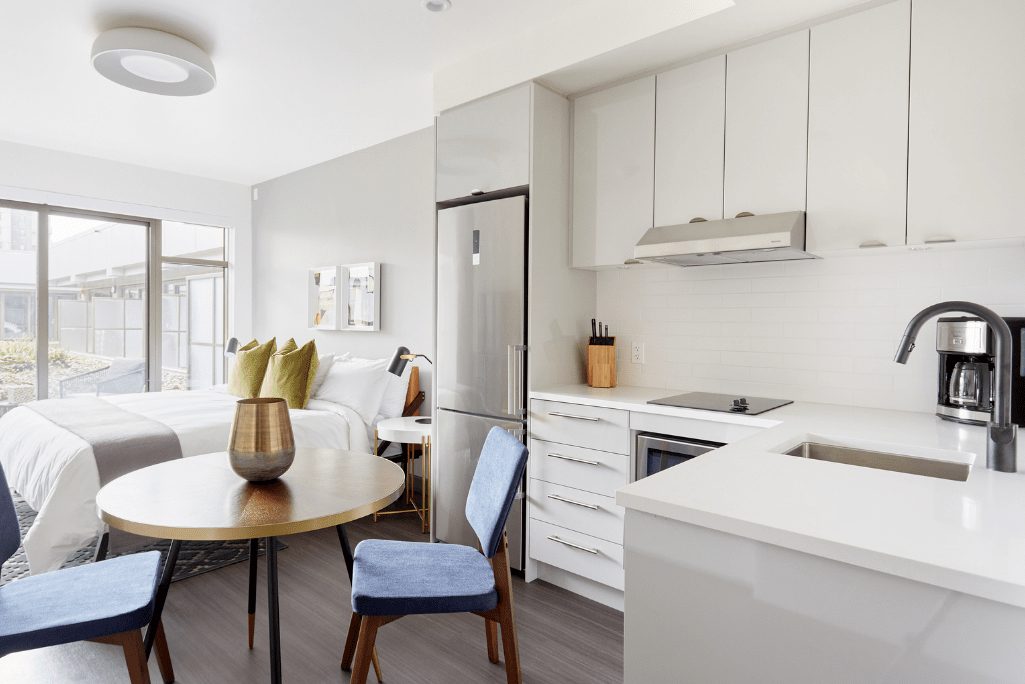Skift Take
This week, travel startups Sonder, ZeroAvia, and TravelNest announced more than $62 million collectively in investments, loans, and grants.

Travel Startup Funding This Week
Each week we round up travel startups that have recently received or announced funding. Please email Travel Tech Reporter Justin Dawes at [email protected] if you have funding news.
This week, travel startups announced more than $62 million in investments, loans, and grants.
>>Sonder, a company that runs branded short-term rentals and licensed hotels, has received $23 million ($30 million Canadian) from Investissement Québec to help fund a $182-million project. A portion of the government loan is a grant that won’t need repaying if the project meets a job creation goal.
Sonder plans to create an international hub in Montréal, expanding from today’s 120 employees to about 700 jobs by 2025. Co-founder Martin Picard is returning to Montréal to lead the office, which will hire for roles that include engineering, data science, real estate, and finance.
“We plan on using Montréal as a central base to continue expanding our presence around the world,” said Martin Picard, co-founder and vice president of real estate, in a statement.
Sonder opened its fourth hotel in Montreal this month. It runs “approximately 5,000 spaces” in more than 35 cities in seven countries. The company recently raised more than $170 million.
>>ZeroAvia, a hydrogen-powered aviation startup, has raised $21.4 million in a Series A round led by Ecosystem Integrity Fund and Breakthrough Energy Ventures. The U.K. government also provided $16.3 million.
With hubs in London and California, the company wants to build a 19-seat plane propelled by hydrogen-electric power by 2023.
>>TravelNest, has secured about $2 million (£1.5 million) in a coronavirus business interruption loan from Silicon Valley Bank (SVB) and about $400,000 (£300,000) from Scottish Enterprise’s Early Stage Growth Challenge Fund, to help drive “staycation” growth.
TravelNest had previously raised approximately $4 million in a seed investment round and roughly $7 million in a Series A funding round last year.
The company offers vacation rental property managers tools for listing their services on travel search services and managing reservations and payments.
Skift Cheat Sheet:
We define a startup as a company formed to test and build a repeatable and scalable business model. Few companies meet that definition. The rare ones that do often attract venture capital. Their funding rounds come in waves.
Seed capital is money used to start a business, often led by angel investors and friends or family.
Series A financing is typically drawn from venture capitalists. The round aims to help a startup’s founders make sure that their product is something that customers truly want to buy.
Series B financing is mainly about venture capitalist firms helping a company grow faster. These fundraising rounds can assist in recruiting skilled workers and developing cost-effective marketing.
Series C financing is ordinarily about helping a company expand, such as through acquisitions. In addition to VCs, hedge funds, investment banks, and private equity firms often participate.
Series D, E and beyond These mainly mature businesses and the funding round may help a company prepare to go public or be acquired. A variety of types of private investors might participate.
The Daily Newsletter
Our daily coverage of the global travel industry. Written by editors and analysts from across Skift’s brands.
Have a confidential tip for Skift? Get in touch
Tags: funding, startups, vcroundup
Photo credit: A Sonder apartment for travelers in Vancouver. Sonder joined other travel startups in receiving funding and loans for their businesses this week worldwide. Sonder
